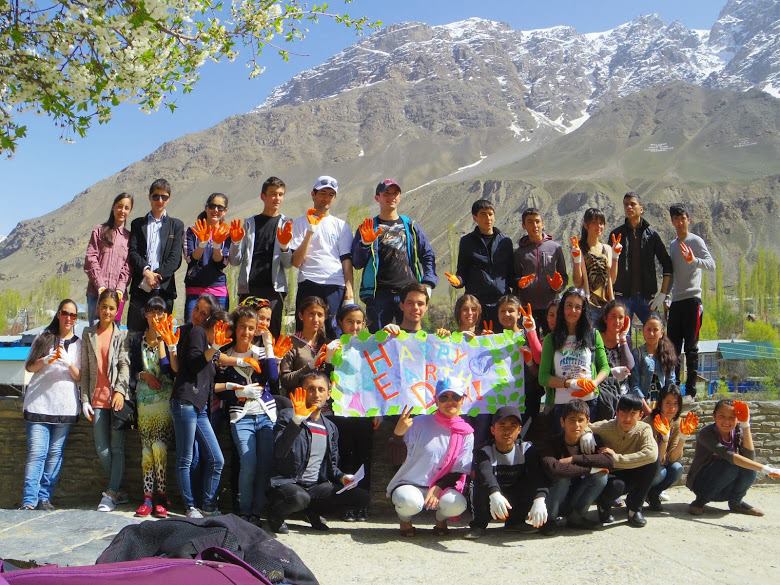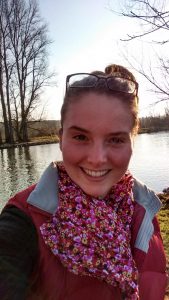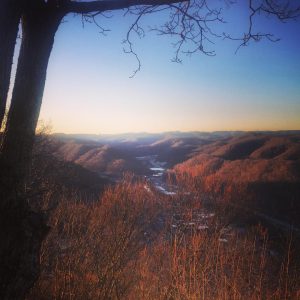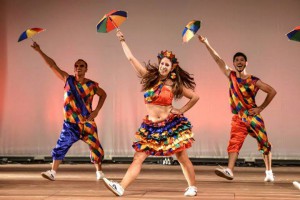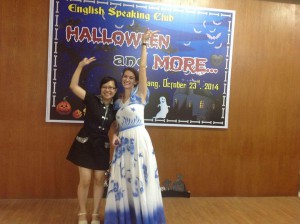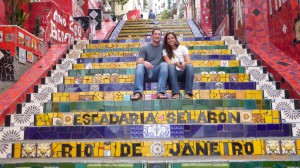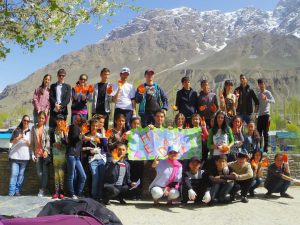
Chane Corp, 2014-2015, Fulbright English Teaching Assistant to Tajikistan, celebrating World Earth Day by volunteering in Khorog City Park with students from various students from different American Corners’ clubs.
As a member of the LGBTQ+ community, I knew there would be stigma surrounding this group in Tajikistan. While on my 10-month grant, I wanted nothing more than to be a personal advocate for tolerance; however, while studying and teaching in Kyrgyzstan, I developed an appreciation for keeping this personal information private. At various times, I have been told that this sort of discretion is not being true to who I am – but I disagree. Immersing yourself in another culture necessitates a sincere respect for local norms and opinions; being a successful cultural ambassador means finding the common ground that will allow you to be a productive, valued, member of your host community. Being a Fulbright grantee means you represent more than your own opinion; it means you are larger than your own passions.
When discussing sensitive issues abroad, my focus was always on the singular issue of tolerance. I sought to have difficult conversations with my students – ones that challenged not only their views, but also my own. When the racially charged unrest in Ferguson, Missouri hit its peak in November, 2014, the Russian news media (which is by far better funded and more chic than local Tajik outlets) devoted significant resources to covering the tension. Every night, nightly news would show dramatic footage of rioting and more than a few of my students genuinely believed that America, as a country, was on the verge of collapse. As dramatized as the Russian version of events were, this depiction offered a valuable opportunity for a frank and honest discussion about social issues in America and, indeed, around the world.

